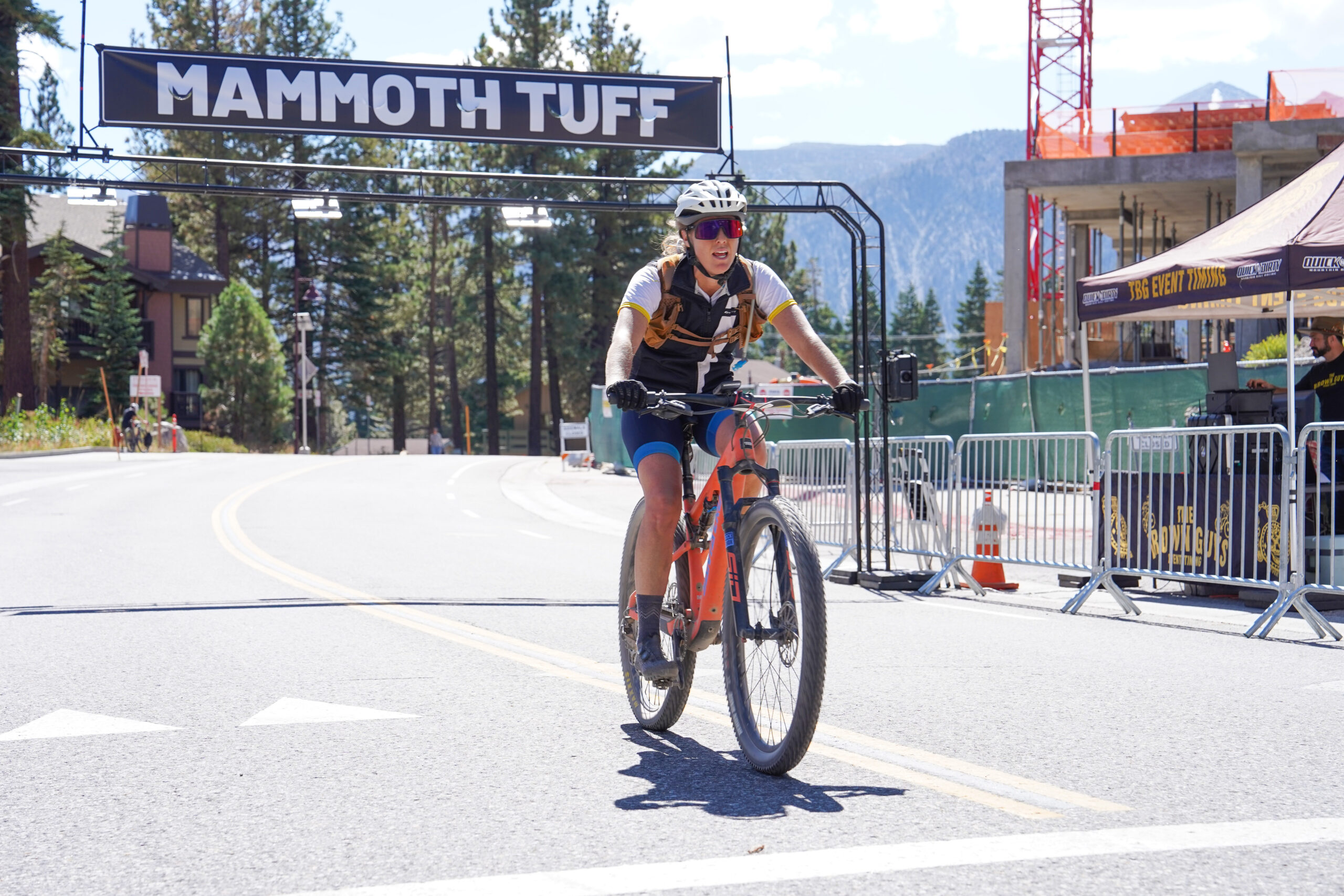
Dr. Perrine, ND
Founder & Doctor at Purist Natural Medicine

Dr. Kendall Perrine
Naturopathic Doctor
Founder at Purist Natural Medicine
Dr. Perrine is a California licensed Naturopathic Doctor. She obtained her naturopathic medical degree from world renowned naturopathic medical program, Bastyr University. Before medical school, she graduated from Cal Poly San Luis Obispo as a bachelor of science in Kinesiology with a concentration in clinical health. While attending Cal Poly, she was exposed to the health field in an outpatient physical therapy setting. While working there, she realized she wanted to go further beyond the physical aspect of health and better understand other contributing factors such as mental/emotional state(s), genetics, physiology, physics, nutrition, lifestyle and more to help individuals optimize their health, improve outcomes and heal for good. This holistic approach was the opportunity she was seeking to provide alternatives in the health field, departing from the need to rely solely on drugs and surgery. Additionally she sought to avoid working in a high volume, insurance-based business model which proved to have its limitations in identifying and treating underlying causes of pain.
Dr. Perrine augmented her medical training to include functional blood chemistry analysis, ozone therapies, intravenous therapies, regenerative injection therapies and natural skin aesthetics. She holds certifications in prolotherapy from the American Osteopathic Association of Prolotherapy and Regenerative Medicine, Neural manipulation, Visceral manipulation, and Massage therapy. She is a proud member of the International College of Integrative Medicine (ICIM). She continues to educate herself and train with like-minded doctors and has completed Dr. Tom Cowan’s New Biology program.
As a former endurance athlete, she experienced many acute and chronic injuries and endocrine imbalances which contributed to pain and dysfunction. She was highly motivated to find solutions to her own health concerns which led her to explore various avenues in conventional and alternative healthcare settings. Ultimately her pursuit to become a Naturopathic Doctor was influenced by the principles of naturopathic medicine which intends to treat the underlying cause(s) of symptoms and encourages the body’s own innate ability to heal through a therapeutic order, utilizing the most minimally invasive interventions first rather than jumping to pharmaceuticals or surgery as first-line treatment. This philosophy of medicine is very much in line with her idea of “what medicine should be.” Dr. Perrine develops a personalized treatment plan for each individual patient, with a focus on functional lab optimization. Treatments are often supported by the use of ozone therapy, botanicals, vitamins, nutraceuticals, homeopathic preparations, and diet/lifestyle counseling. She is trained as a primary care provider with specialties in advanced physical medicine modalities and regenerative injection therapies including: ozone, prolotherapy, PRP, intravenous therapies and nutrient injections. She believes naturopathic medicine is simple, yet profound. It can be tactfully integrated as an adjunct to conventional medical treatments or in some cases, a stand-alone therapy. Her goal is to help each patient better understand ‘why’ their bodies are expressing symptoms, then facilitate a return to homeostasis. Enhanced quality of life, optimal health, vitality, longevity and hope are the goal. In her free time she enjoys spending time outside, travelling, riding bikes, catching sunsets, exploring new music, and laughing with friends and family.
What is Naturopathic Medicine?
Naturopathic medicine is a distinct primary health care profession, emphasizing prevention, treatment, and optimal health through the use of therapeutic methods and substances that encourage individuals’ inherent self-healing process. Naturopathic medicine includes conventional (Western) and traditional (Eastern), modern scientific, and empirical methods.
Naturopathic practice includes the following diagnostic and therapeutic modalities: clinical and laboratory diagnostic testing, nutritional medicine, botanical medicine, naturopathic physical medicine (including naturopathic manipulative therapy), public health measures, hygiene, counseling, homeopathy, management of prescription medication, intravenous, intramuscular, and subcutaneous injection therapies, and regenerative injection therapies. The scope of practice may vary from state to state. Naturopathic Medicine is guided by the six principles.
“It’s supposed to be a secret, but I’ll tell you anyway. We doctors do nothing. We only help and encourage the doctor within.”
– Albert Schweitzer, German Alsatian theologian, musician, philosopher, and physician (M.D.)
The Six Principles of Naturopathic Medicine
- The Healing Power of Nature: Naturopathic medicine recognizes an inherent self healing process in people that is ordered and intelligent. Naturopathic physicians act to identify and remove obstacles to healing and recovery, and to facilitate and augment this inherent self-healing process.
- Identify and Treat the Root Cause: The naturopathic physician seeks to identify and remove the underlying causes of illness rather than to merely eliminate or suppress symptoms.
- First Do No Harm: Naturopathic physicians follow three guidelines to avoid harming the patient: Utilize methods and medicinal substances which minimize the risk of harmful side effects, using the least force necessary to diagnose and treat; Avoid when possible the harmful suppression of symptoms; Acknowledge, respect, and work with individuals’ self-healing process.
- Doctor as Teacher: Naturopathic physicians educate their patients and encourage self responsibility for health. They also recognize and employ the therapeutic potential of the doctor-patient relationship.
- Treat the Whole Person: Naturopathic physicians treat each patient by taking into account individual physical, mental, emotional, genetic, environmental, social, and other factors. Since total health also includes spiritual health, naturopathic physicians encourage individuals to pursue their personal spiritual development.
- Prevention: Naturopathic physicians emphasize the prevention of disease by assessing risk factors, heredity and susceptibility to disease, and by making appropriate interventions in partnership with their patients to prevent illness.
– AANP American Association of Naturopathic Physicians naturopathic.org
Naturopathic Doctor
Naturopathic doctors are highly trained diagnosticians that rely on the least invasive and least toxic therapies to address the underlying causes of health issues —not just the condition itself. By going to the root of the problem, naturopathic remedies support the body’s biophysiologic processes to prevent and combat disease, reduce inflammation and deterioration.
Naturopathic doctors also specialize in preventative care. Preventative medicine means establishing habits now that help ward off health issues later. Naturopathic doctors are increasingly being sought out to effectively help their patients develop and stick to healthy lifestyle practices that will improve their overall long-term health and well-being.
What is Functional Medicine?
“Functional Medicine is a systems biology–based approach that focuses on identifying and addressing the root cause of disease. Each symptom or differential diagnosis may be one of many contributing to an individual’s illness. A diagnosis can be the result of more than one cause. For example, depression can be caused by many different factors, including inflammation. Likewise, a cause such as inflammation may lead to a number of different diagnoses, including depression. The precise manifestation of each cause depends on the individual’s genes, environment, and lifestyle, and only treatments that address the right cause will have lasting benefit beyond symptom suppression.”
How are Naturopathic Medicine and Functional Medicine similar?
Both are aimed at treating the “Root Cause” of disease from a systems approach.
Homeopathic Medicine
Homeopathic Medicine is a complementary medicine developed in Germany by Samuel Hahnemann over 200 years ago. It is based on two unorthodox laws:
- “Like cures like”—the notion that a disease can be cured by a substance that produces similar symptoms in healthy people.
- “Law of minimum dose”—the notion that the lower the dose of the medication, the greater its effectiveness.
Many homeopathic products are so diluted that no molecules of the original substance remain. Homeopathic products come from plants, minerals, or animals. An example of a homeopathic remedy is Apis. Apis is a dilute form of crushed whole bees used to treat bee stings or similar symptoms such as burning, redness, itching and swelling of the skin. Like treats like.
“Like a stone thrown into the center of a pond, ripples of change move slowly outward to the edges, touching every tissue and molecule.”
-Asa Hershoff
Symptoms are the body’s way of expressing its attempt to restore homeostasis, thus homeopathy attempts to support this expression rather than suppress it. An example of suppression is using Tylenol to suppress a fever. “Homeopathy also recognizes that each person exhibits his or her disease in a unique and slightly different way. It is common for different people with the same condition to receive different treatments. Treatments are “individualized” or tailored to each person because of this reason. Homeopathic Medicine is very safe, non-toxic, well tolerated and cost-effective. Most Homeopathic remedies are available over-the-counter at your local health food store. Homeopathic products are often made as sugar pellets to be placed under the tongue; they may also be in other forms, such as ointments, gels, drops, creams, and tablets. Various companies have formulated specialty blends of homeopathic remedies for specific responses in the body.
Homeopathic Resources:
- https://www.nccih.nih.gov/health/homeopathy
- https://www.homeopathycenter.org/what-is-homeopathy
- Asa Hershoff ND, DC: Homeopathic Remedies: A Quick and Easy Guide to Common Disorders and Their Homeopathic Treatments.
